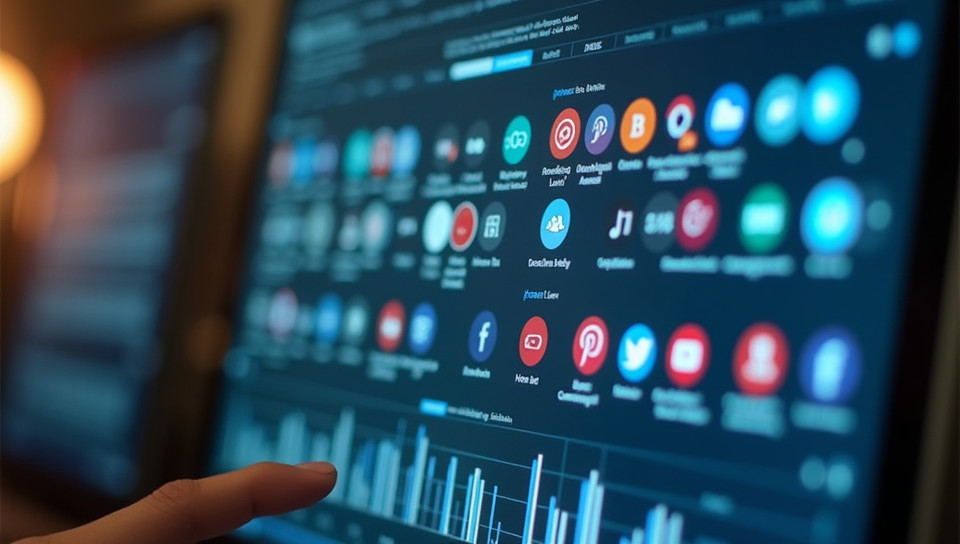Misinformation on social media undermines trust in sources 79%

The Erosion of Trust: How Social Media Misinformation Threatens Our Sources
We've all seen it happen before - a friend shares a sensational article or video on social media, only to have it debunked hours later by reputable sources. But the damage is already done. The spread of misinformation on social media has far-reaching consequences that undermine trust in sources and have serious implications for our collective well-being.
The Rise of Social Media Misinformation
Social media platforms have become an integral part of our daily lives, providing us with a seemingly endless stream of information at our fingertips. However, this convenience comes with a cost. The ease with which misinformation can be shared on social media has created an environment where false information can spread quickly and without consequence.
The Consequences of Misinformation
The consequences of misinformation are far-reaching and multifaceted:
- Lack of trust in sources: When people are repeatedly exposed to false information, they begin to question the credibility of all sources.
- Polarization: Social media algorithms often prioritize sensational or provocative content, which can further divide communities and fuel polarization.
- Erosion of critical thinking skills: The ease with which misinformation can be spread has led to a decline in critical thinking skills, making it increasingly difficult for people to discern fact from fiction.
The Role of Social Media Platforms
Social media platforms have a responsibility to prevent the spread of misinformation on their platforms. While some platforms have made efforts to address this issue, more needs to be done:
- Improve content moderation: Social media platforms must do a better job of detecting and removing false information before it spreads.
- Provide fact-checking resources: Platforms should provide users with access to credible fact-checking resources to help them verify the accuracy of information.
- Promote media literacy: Social media platforms can play a role in promoting media literacy by providing educational resources and tools that help users critically evaluate online content.
Conclusion
The spread of misinformation on social media is a pressing issue that requires immediate attention. By understanding the causes and consequences of this phenomenon, we can work towards creating a more informed and discerning public. Social media platforms must take responsibility for preventing the spread of false information, and individuals must learn to critically evaluate online content. Only by working together can we restore trust in sources and promote a culture of critical thinking and nuance.
- Created by: Jacob Navarro
- Created at: Sept. 14, 2024, 9:54 p.m.
- ID: 9562




